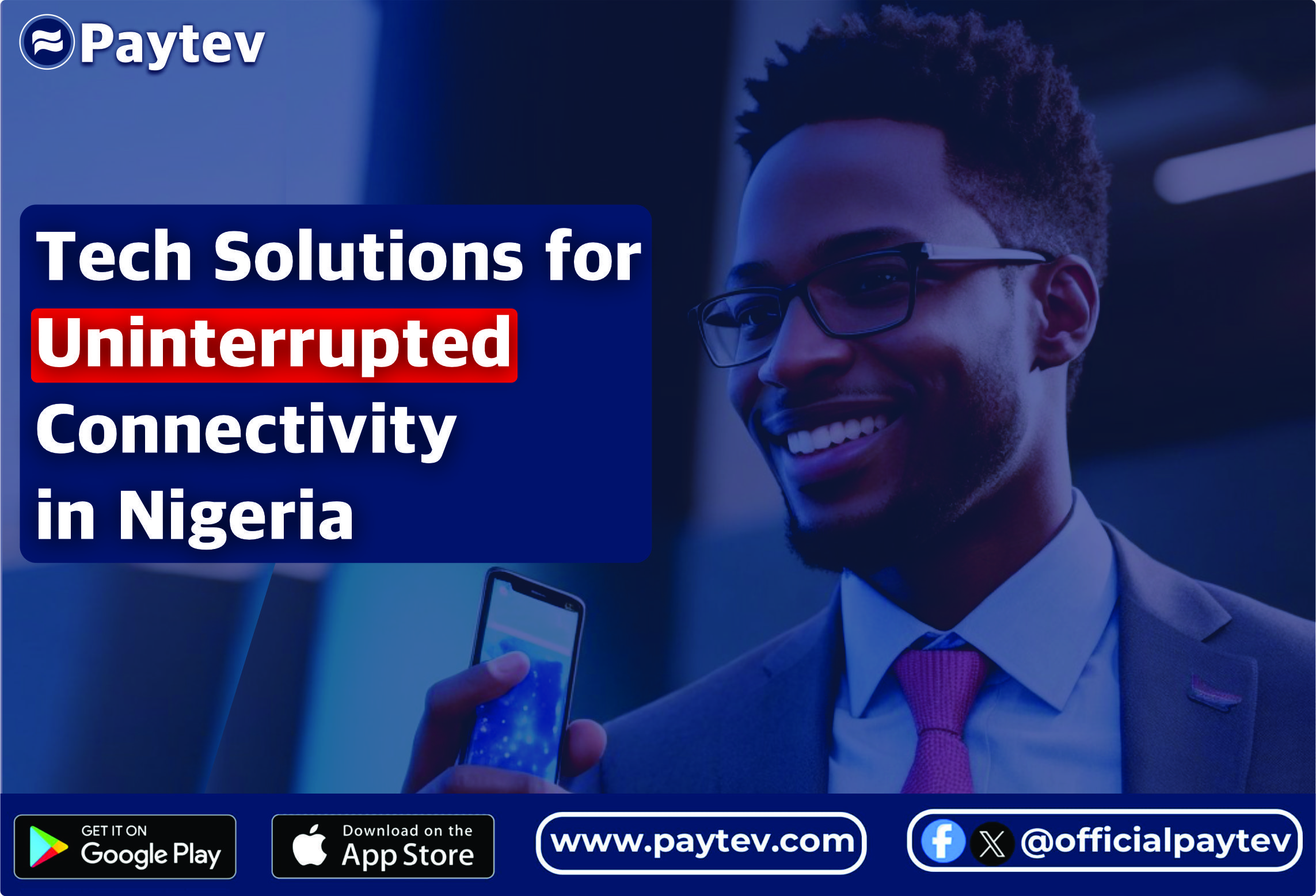In Nigeria, the struggle with power challenges has become an intrinsic part of our daily lives. Whether it’s the infamous “NEPA” moments or the erratic power supply, the impact on our connectivity cannot be overstated.
In this blog post, we explore the technological solutions that can empower Nigerians to overcome power challenges and ensure uninterrupted connectivity.
- Solar-Powered Solutions: Nigeria is blessed with abundant sunlight, making solar-powered solutions an ideal way to navigate power challenges. Solar panels and solar-powered devices offer a sustainable and eco-friendly alternative to traditional power sources. By harnessing the power of the sun, Nigerians can reduce their reliance on the grid and enjoy uninterrupted connectivity.
- Portable Power Banks: For those on the go, portable power banks have become indispensable. With frequent power outages, having a reliable power bank ensures that your devices stay charged, keeping you connected even when the lights go out. These devices come in various capacities, catering to the diverse needs of Nigerians who rely on smartphones, tablets, and other gadgets.
- Inverter Technology: Inverters have emerged as a game-changer in the battle against power challenges. By storing energy when the power is on and releasing it during outages, inverters provide a seamless transition to alternative power sources. This technology is increasingly popular in Nigerian households, offering a reliable way to keep essential devices running during electricity blackouts.
- Energy-Efficient Appliances: Investing in energy-efficient appliances is another effective strategy for mitigating power challenges. These devices consume less power, reducing the strain on the grid and making it easier to maintain connectivity during periods of low power supply. From LED bulbs to energy-efficient laptops, making conscious choices in the devices we use can contribute to a more sustainable and connected future.
- Community Initiatives: In Nigeria, community spirit is strong, and collaborative efforts can make a significant impact. Establishing community-based initiatives for alternative power sources, such as solar-powered community centers or shared charging stations, can ensure that everyone has access to connectivity, even in the face of power challenges.
Wrap-up:
Navigating power challenges in Nigeria requires a multifaceted approach, combining individual efforts with community initiatives and embracing innovative technologies. By leveraging solar power, portable solutions, inverters, energy-efficient devices, and community-driven initiatives, Nigerians can not only adapt to the current power situation but also pave the way for a more connected and sustainable future. As we continue to face power challenges, these tech solutions empower us to stay connected and resilient in the digital age.

